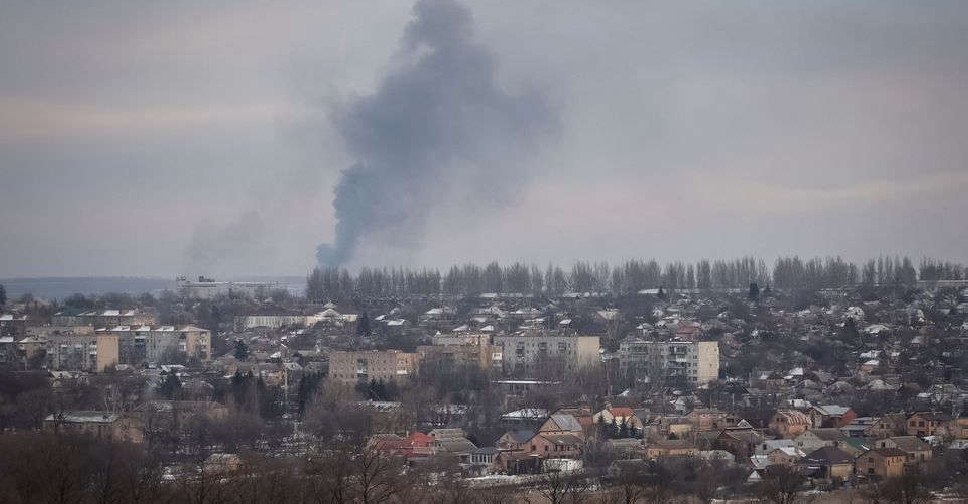
Russia unleashed a new wave of missile strikes on critical infrastructure in Ukraine on Friday, causing explosions in the capital Kyiv and hitting cities across the country.
At least 17 missiles hit the southeastern city of Zaporizhzhia in an hour in the heaviest attack since Russia invaded Ukraine in February last year, local officials said.
Several energy facilities in eastern, southern and western Ukraine were hit, disrupting the power supply, national grid operator Ukrenergo said after overnight drone and missile strikes on power stations and transmission facilities.
"The air alert will be long," said Maksym Marchenko, regional governor of the southern region of Odesa. "Please do not ignore the air alert sirens, and go to the shelters."
The new Russian attacks followed a rare trip abroad this week by Ukrainian President Volodymyr Zelenskiy that included talks with European Union leaders in Brussels aimed at securing more weapons for Ukraine including fighter jets.
At least three explosions shook Kyiv and the surrounding region, with officials saying air defence systems were in operation in the capital and in other parts of the country.
Missile debris damaged a private house, two cars and electricity networks in the Holosiivskiy district of the capital, city authorities said.
Kyiv's mayor urged residents to remain in shelters as the air alert continued, over three hours after it began.
The mayor of eastern Ukraine's largest city, Kharkiv, confirmed an infrastructure facility there had been hit and warned of possible power outages as a result.
Critical infrastructure was also hit in Khmelnitskyi in western Ukraine and the Dnipropetrovsk region in the centre of the country, regional officials said.
Air force spokesperson Yuriy Ihnat told local television that Ukrainian air defences had shot down five of seven drones and five out of six Kaliber missiles launched at Ukraine.
The air force also said 35 S-300 missiles were launched in the Kharkiv and Zaporizhizhia regions. Ukraine's air defences are unable to shoot down these type of missiles.
Officials also said they ordered emergency shutdowns of electricity across the country following the attacks on infrastructure.

 Iranian President Raisi killed in helicopter accident, state media says
Iranian President Raisi killed in helicopter accident, state media says
 ICC prosecutor seeks arrest warrants for Israeli, Hamas leaders
ICC prosecutor seeks arrest warrants for Israeli, Hamas leaders
 Assange given permission to appeal against US extradition
Assange given permission to appeal against US extradition
 Israel intends to broaden Rafah sweep, Defence Minister tells US
Israel intends to broaden Rafah sweep, Defence Minister tells US
 New Taiwanese president calls on China to stop threats
New Taiwanese president calls on China to stop threats




